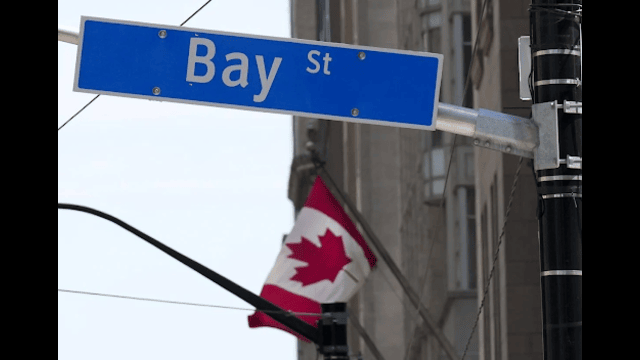
Anthony Matesic, a specialist, and trader Michael Capolino are seen working together on the trading floor at the New York Stock Exchange on Tuesday, May 20, 2025. (AP Photo/Richard Drew)
U.S. stock markets took a breather on Tuesday after a strong rally in recent days. The S&P 500 snapped its six-day winning streak, falling by 0.4%. Despite the slip, it remains just 3.3% below its record high. The Dow Jones Industrial Average dropped 114 points, or 0.3%, while the Nasdaq Composite declined 0.4%.
This pullback came as Wall Street appeared to lose steam after a swift recovery that had brought it close to its earlier peak for this year. At the same time, concerns about the government’s growing debt and global economic uncertainty weighed on investor sentiment.
One of the more troubling signs came from Moody’s Ratings, which said the U.S. no longer deserves a perfect credit rating. This announcement raised eyebrows but didn’t shake the Treasury bond market too much. The 10-year yield inched up to 4.47%, while the 2-year yield dipped to 3.96%.
Travel stocks were hit the hardest, dragged down by fears that U.S. households may soon pull back on spending, especially on vacations. Airbnb dropped 3.3%, Norwegian Cruise Line fell 3.9%, and United Airlines slid 2.9%. Viking Holdings, despite beating earnings expectations, still dropped 5%.
Retail giant Home Depot also disappointed investors. Its profit for the start of the year was slightly below expectations, even though it reported better-than-expected revenue. Still, the company kept its full-year sales and profit guidance unchanged, standing in contrast to other businesses facing uncertainty due to trade policies and potential economic shifts.
Investors are keeping a close watch on President Trump’s ongoing trade decisions. Though tariffs have been introduced aggressively, some have been later rolled back. Traders remain hopeful for future trade deals that may ease tensions, but the lack of clarity is making it harder for companies to plan.
Looking ahead, both Target and Lowe’s are set to report earnings on Wednesday, which could give a clearer picture of how retail is holding up.
One bright spot in the market was D-Wave Quantum. Its stock soared nearly 26% after the company introduced a powerful new quantum computing system. The technology, it claims, can solve problems beyond the scope of traditional computers.
Globally, central banks are acting to boost their economies. China cut key lending rates for the first time in seven months, offering fresh hope to investors. Economists believe more cuts could follow this year. Meanwhile, Australia’s central bank also lowered its benchmark interest rate to 3.85%, its second cut of the year.
These moves gave global markets a lift. Hong Kong’s Hang Seng Index jumped 1.5%, and shares of CATL, a Chinese battery manufacturer, surged 16.4% in their Hong Kong debut after raising $4.6 billion—the biggest IPO of the year so far.
Back in the U.S., however, the bigger worry remains the growing national debt. Some analysts warn that if a recession strikes, Washington may not have enough room to offer major financial support like it did in the past. That could mean the Federal Reserve might be left alone to try and soften any blow by cutting interest rates, especially if the economy slows down further.















